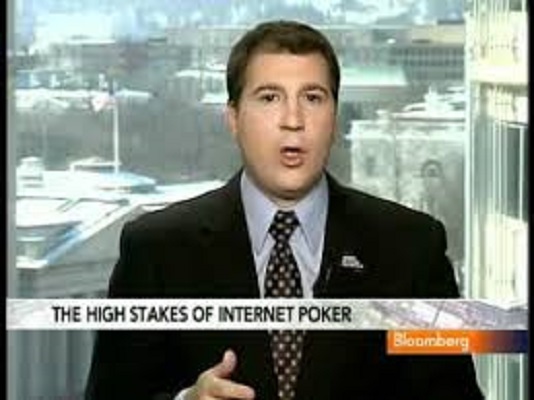By a margin of 114 to 85, the Pennsylvania’s online poker legislation was passed. The State House of Representatives clears House after a full vote.
The Senate will now have to take the legislation into consideration in person of Governor Tom Wolf before it can turn into law. This law would legalise daily fantasy sports and online casino games at once.
If you would like to support the legislation you can do so by visiting the action page launched by the Poker Players Alliance. Although local support will have more influence, anyone can make their voices heard.
Online Poker in Pennsylvania
Since there is no companion bill to help gauge the mood, the level of backing in the Senate is still unclear. Without raising taxes the Republican-majority Senate tries to however find manners of huge budget deficit. Lawmakers will be anxious not to repeat the nine-month standoff last year that resulted after Republican resistance to the tax-hapy Wolf’s budget plan.
‘It also adds urgency. A fiscal note attached to the bill estimates regulation will generate $266.5 million for the state from licensing fees and tax revenus in 2016-17. The bill proposes a tax rate of 14 percent of gross gaming revenue for operators, with a licensing fee of $5 million, with only the state’s current land-based gaming licensees eligible to apply’.
The Senate was also not the biggest fan of a proposal that threatened to sink the whole ship, as the legislation would have indirectly led to a change in expanding video gaming terminals into bars and taverns.
Legislation is Commonsense
The executive director of the PPA, John Pappas, said:
‘It’s about time. This legislation is long overdue! Pennsylvania deserve robust consumer protections and today the Pennsylvania House deliverd’.
‘Additionally, this legislation will create jobs and help the Commonwealth close its budget gap. This commonsense legislation is a win-win for Pennsylvania. The online poker community urges the Senate and Governor Wolf to act swiftly to approve this measure’.
Pennsylvania would become the most populous state by far to regulate with its 12.9 million residents, of course, if the bill becomes law which would create an online gaming industry that would offer poker to all of them. PokerStars would be eligible to liquidity sharing as the legislation holds no bad actor language. Huge implications are on the rise for the US and online poker!
-
Tags:



